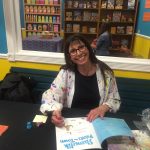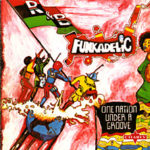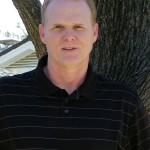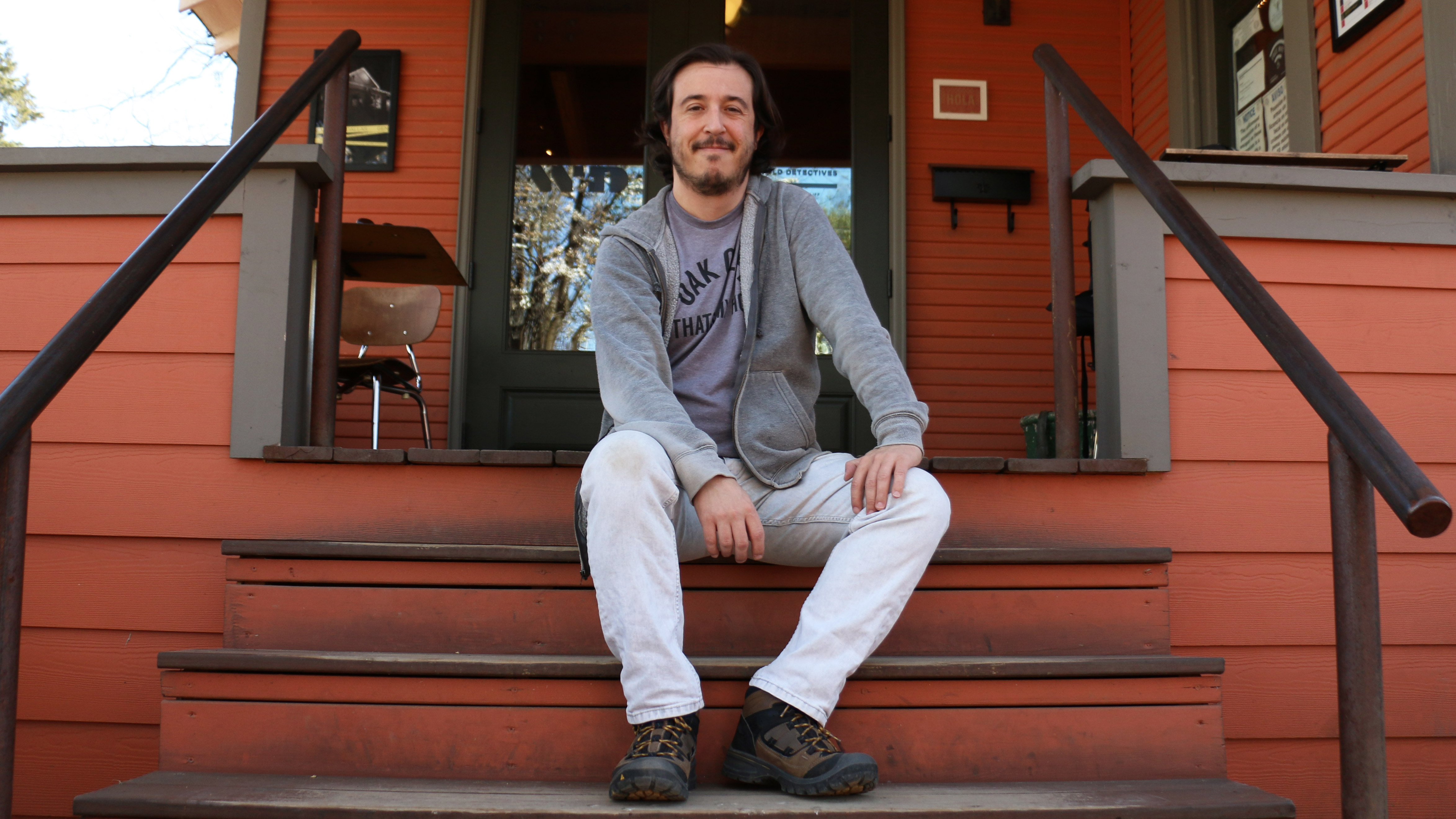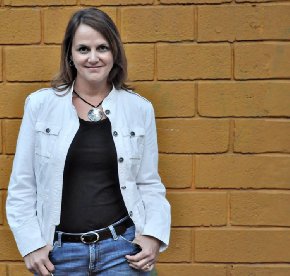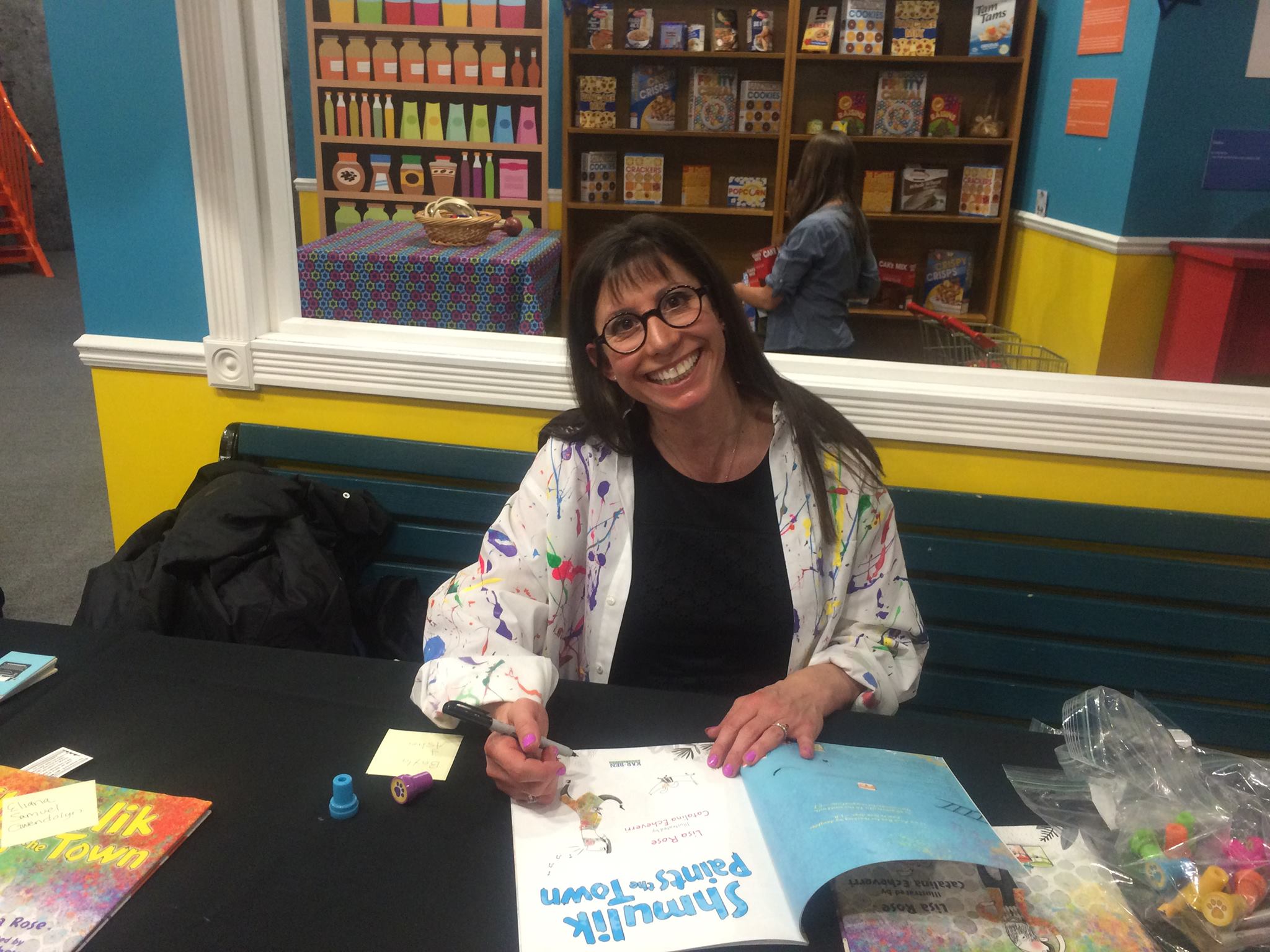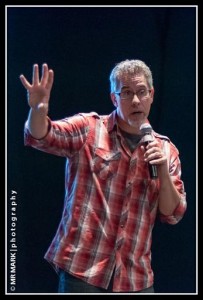
Author John Alan Turner is a man I wish I had met twenty years ago. Researching him in order to ask intelligent questions made me marvel at some of his accomplishments and his theological insights. He is the author of many books and has ministered either part-time or full time at eight different churches. He lives in Alpharetta, Georgia and after growing up a Dodgers fan, has become and ardent convert of the Atlanta Braves. If there is anything you ever wanted to know about author John Alan Turner but were afraid to ask, maybe you’ll find the answer in this interview. And if you can’t find what you’re looking for here, you can always check him out at his Faith 2.0 blog.
.
To start things off, where do you now work? Your Facebook profile lists you as a Senior Fellow at ScreamFree. Is that current and what exactly does a “Senior Fellow” do?
As a Senior Fellow at the ScreamFree Institute, I’m a member of a group of learned people who work together as peers in our pursuit of calming the world one relationship at a time. We function like a think-tank. Day-to-day I oversee the creation of new content for our organization. That takes the form of a daily email, regular blog posts, new curriculum, etc. I’m currently in the process of co-authoring a new book titled ScreamFree Parenting, Part 2: The Teenage Years.
How did your work at ScreamFree come about?
More than a decade ago, several friends asked me if I’d ever met a guy named Hal Runkel. They all seemed to agree that he and I had a lot in common and would get along well. When we finally did meet, it turned out they were all correct. We got along famously. Hal asked me to help him turn a seminar he’d been developing into a book. That book became the New York Times best-seller ScreamFree Parenting. A couple of years ago, Hal called me and asked me if I’d be interested in coming to work for the Institute full-time. I’ve been here ever since.
You’ve ministered in the past at local churches. At how many congregations have you ministered?
I’ve served at eight different churches, but that may be a bit misleading. One of those was a church plant that didn’t take. Four of them were part-time situations — where I actually served multiple churches simultaneously. I’ve coached and consulted for more than 20 churches total.
As a child, did you always want to grow up to be a minister or did you want to be a rock star or a major league baseball player, or did some other glamorous career have your interests piqued?
I wanted to be a baseball player. No doubt! Sadly, my body betrayed me (bad knees). For a while I worked as an actor/writer/stand-up comedian. I started graduate school to become a Marriage & Family Therapist, but then I decided that if I was going to get paid in 45-minute increments, it would be me doing the talking — so I switched to preaching!
What was church like for you growing up?
Church was such an integral part of my life growing up. My father was a preacher, so the church building was like our second home. I remember it being a source of both comfort and frustration for my parents. It was comfortable in that it was known. I knew every nook and cranny of the campus, but — more than that — I knew where all the “land mines” were buried. I knew the vocabulary. I knew all the secret handshakes, the passwords, the shibboleths. But it was frustrating because it was too “other” — to separate from regular life. The music was different. The dress code was different. It was hard for me, as a child, to connect the dots between who I was supposed to be at church and who I was supposed to be on the playground or in the classroom.
Of the churches you’ve been a minister, were they congregations that had a Church of Christ background? Or were they entirely outside the Church of Christ faith tradition?
I have been in both kinds of churches. I’ve had people ask me over the years why I left the Churches of Christ. The truth is, I never left. I simply went where I was invited, and, as I got invited to more and more “outsider” churches, I found myself being invited to fewer and fewer “insider” churches.
How have you seen the Church of Christ change over the years? Has it been for good, bad or somewhere in between?
My dad says he remembers a time when you couldn’t get a preaching job if you had an M.Div. or above. Now you can’t seem to get one without the higher education. That, of course, has both positive and negative consequences. As a whole, the tribe seems much more interested in playing well with others — particularly others within the Restoration Movement (I’m thinking here of the recent partnerships with Christian Churches). The biggest shift for me is how diverse we seem to be now. When I was a kid, it seemed as if you could walk into any Church of Christ in the country and pretty much know what to expect. They may not have Sunday School or a kitchen, and they may have had a different “song book” but it was pretty much the same format everywhere you went. Nowadays, Churches of Christ are far from monolithic. Again, that has both positive and negative consequences. But, overall, I’d say the changes I’ve seen are positive.
Sponsored Link: Just in time for Christmas, it’s the Leave it to Beaver Devotional Book.
You attended the Bear Valley Bible Institute and later attended the London School of Theology. How did you make that journey? It seems a bit different than that of most Bear Valley graduates.
My dad always taught me to follow the truth — even if it gets you into trouble. He’s such a legend in the Churches of Christ, but most of his education came during a time when it was difficult to find legitimate accredited degrees within the confines of our tribe. So, his academic pursuits led him to “denominational” schools where he found men (and women) who loved Jesus, too. He always encouraged me to be open to scholarship.
You’ve been writing books for quite a while. I was quite amazed by looking at your Amazon page. It is quite impressive. What do you hope to accomplish most with your writing?
I used to think truly educated people were the ones who could take simple topics and turn them into topics one could hardly understand. I now realize the opposite is true. The truly educated person is someone who can take a difficult topic and explain it in such a way that the average person could get a handle on it. That’s what I hope to accomplish through my writing. That, and I’d like for people to engage with the text again — rather than relying on what they think the text says.
Your three most popular books (at least according to # of Amazon reviews) are your latest Crazy Stories Sane God, The 52 Greatest Stories of the Bible: A Devotional Study and Once-A-Day 25 Days of Advent Devotional. How did each of these books come about? Can you tell us a little about the inspiration behind them?
The 52 Greatest Stories came about in a strange way. I was in a meeting with Zondervan Publishing about possibly doing the notes for a study Bible. I suggested a study Bible that would help the reader understand the overarching story of the Bible, and the idea just sort of came to me there. It turned out to be a daily devotional with a different publisher, but that’s where the idea came from.
The Advent Reader was a project with Zondervan. They had liked the style I used in The 52 Greatest Stories, and asked me to do something similar for an Advent Reader and a Lenten Reader. I put it together rather quickly, and they worked their editorial magic on it.
Crazy Stories came about because I have taught through the Bible so many times, noting that there are these little stories folded into the narrative. Normally, people just skip over them because they don’t always push the central narrative forward at all. They’re almost like parenthetical statements. But sometimes it’s not a rabbit trail that’s the crazy story; sometimes it’s the main story itself that’s crazy. And we do this weird thing where we pretend it’s not crazy for God to ask Abraham to sacrifice his son or for the spies to end up at a whore house or for the second member of the Trinity to become a fetus. I figured those stories are in there for a reason. Let’s explore that.
Can you share with our readers what is next on the writing horizon for John Alan Turner?
As I mentioned earlier, I’m currently co-authoring a book with Hal Runkel on parenting teens. I’m also looking to do a follow-up to Crazy Stories; Sane God — the Jesus Edition. I’ll focus on 30 crazy stories that occur during Jesus’ lifetime. I have several other books in mind, but those are the two that are probably closest to ready.
When you were ministering full-time, what did you do to stay spiritually strong and do you continue the same practices today?
There’s a lot of talk about ministers staying spiritually strong, but I think it’s foolish to disconnect your spiritual health from your physical and emotional health. Sometimes, the most spiritual thing you can do it take a nap or watch a ballgame with your friends. Men especially need that kind of camaraderie. We need a group of guys where we can just be guys, where we can be real. It’s spiritually unhealthy otherwise.
Can you recommend to our readers (both ministers and church members) any book titles about the spiritual disciplines you have found helpful?
I’m a big Dallas Willard fan, so I like The Spirit of the Disciplines, and I really like John Ortberg’s The Life You’ve Always Wanted. Dallas is a little hard to read for some folks. Ortberg does a good job of communicating what he used to call “Dallas Willard for Dummies”.
If you could only read one book in the Bible for the sole purpose of spiritual strength, which book would it be?
That’s a tough question. I find Jesus so fascinating. It might be the Gospel of Luke. Although the Psalms are a great source of strength because they cover the full range of human emotion.
You have attended Pepperdine, Bear Valley and the London School of Theology. All three have many good professors, did you have any favorites?
Conrad Gempf at LST. Hands down.
Finally, a quick round of favorites…
Favorite sports teams? I grew up a Dodgers fan, but I’ve lived in Atlanta for so long now I’ve converted to the Braves.
Favorite form of precipitation? Rain, snow, ice, mist, fog, etc? I like rainy days.
Cats, dogs or gerbils? Dogs
Fast food places where you’re most likely to be seen? (non-pizza) Chick-fil-A if I’m home. In-n-Out if I’m on the west coast.
Favorite pizzeria? Pizzeria Bianco in Phoenix, AZ
Favorite authors? Philip Yancey, C.S. Lewis, Malcolm Gladwell, John Irving, Wendell Berry
Favorite music from the 1970s? 1980s? Of those two, I’d choose the 80s — although I prefer Jazz from the hardbop of the late 50s-early 60s
Dream vacation spots? Italy, Paris, Bali, New Zealand
Thanks John for your time.
